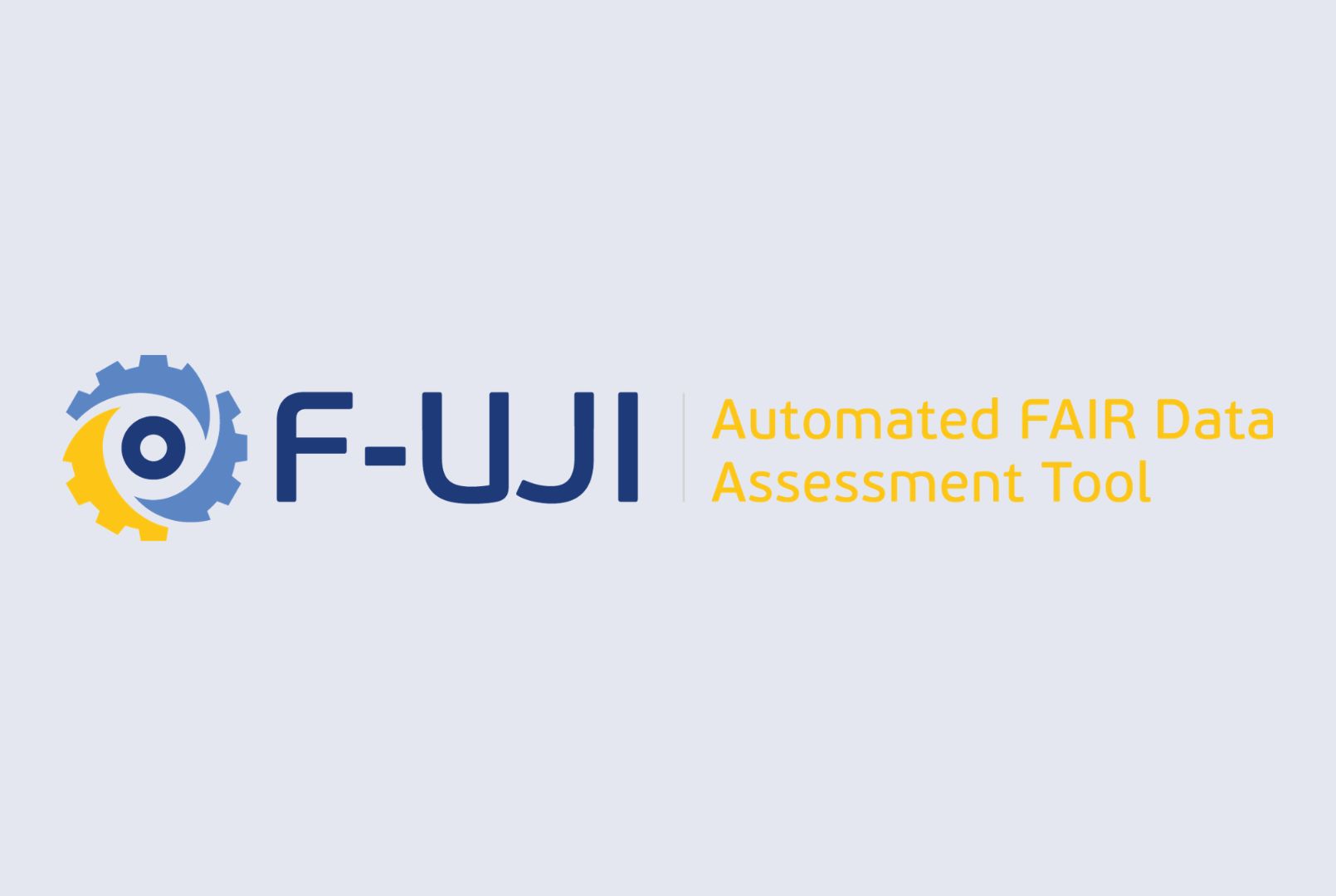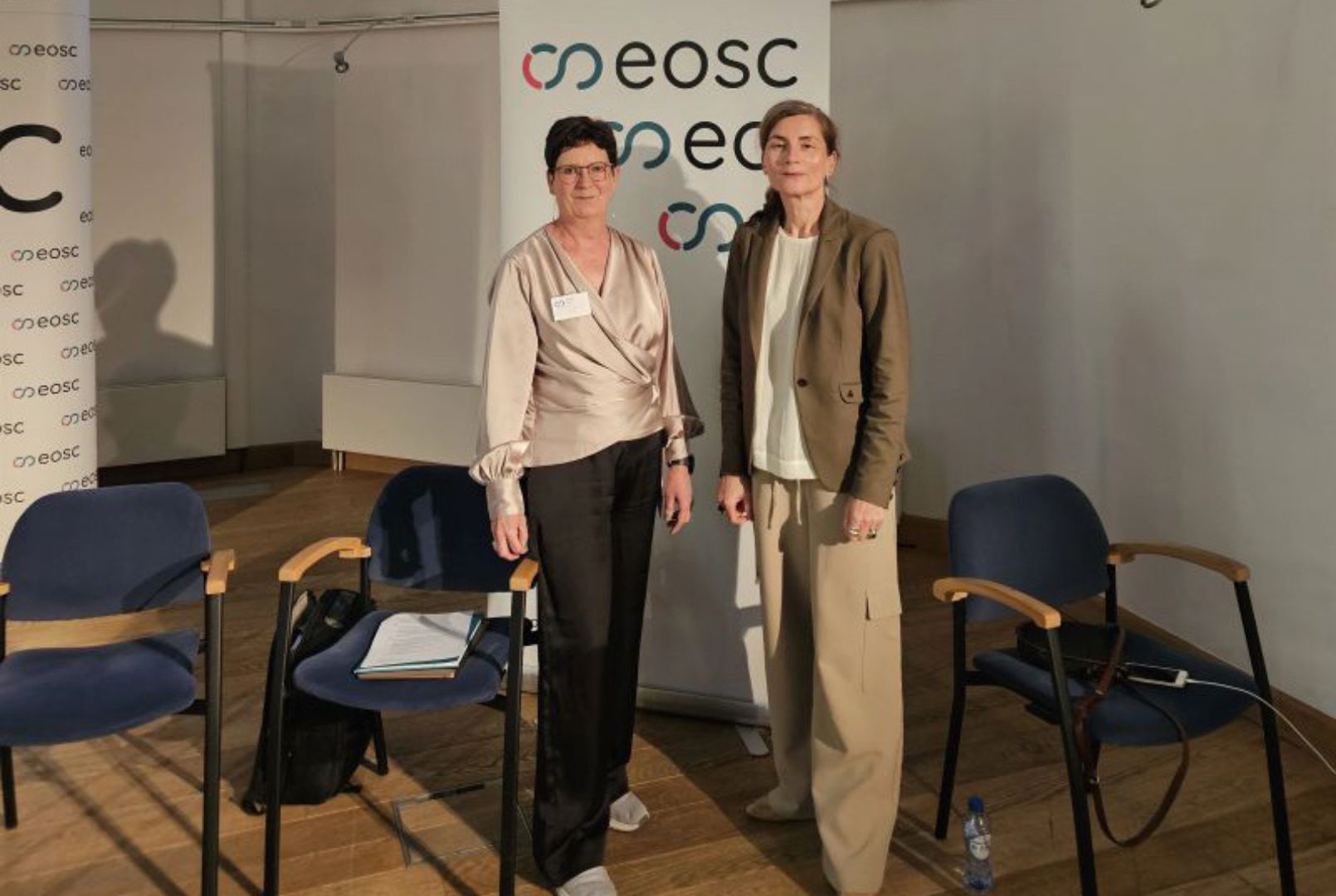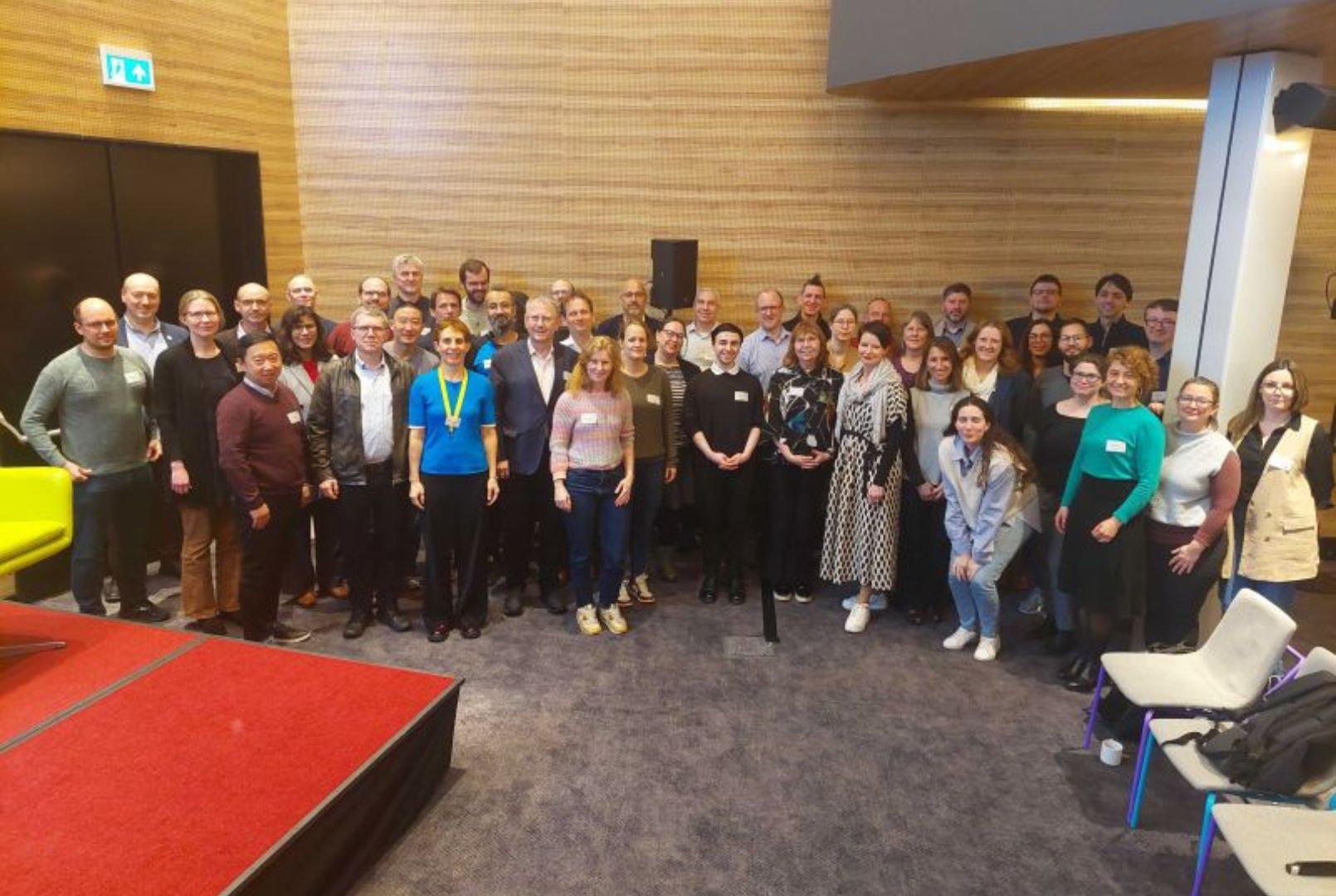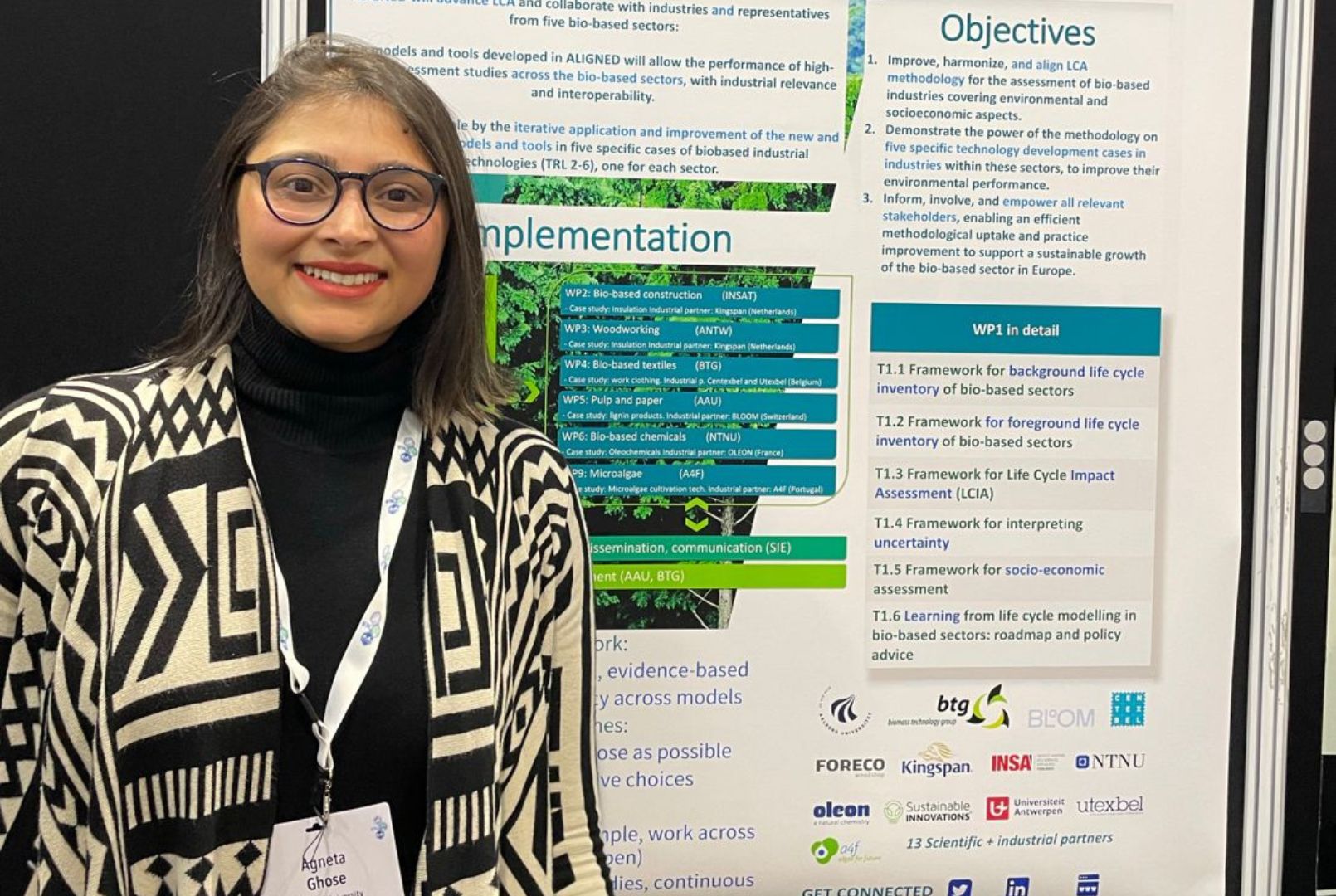What is it?
DeiC Dataverse is the Danish National Repository for Research Data. It allows researchers to publish and archive their research data in line with the FAIR principles, including metadata descriptions, DOI’s (Digital Object Identifiers) as persistent identifiers and clearly defined terms and conditions for access and reuse.
DeiC Dataverse is owned by the Danish e-infrastructure Consortium, DeiC, and provided free of charge to all Danish research institutions.
Overview
DeiC Dataverse uses the open-source software ‘Dataverse’, which is developed by an international community lead by the Institute of Quantitative Social Science at Harvard University. For more information on the Dataverse Project, see https://dataverse.org/.
The installation consists of:
- A public web portal for browsing, searching and accessing published datasets, available under https://dataverse.deic.dk/
- An interface for uploading files and creating metadata, available to users from member institutions through WAYF login
- Underlying storage capacity for ‘regular’ files (of small or medium size and not containing personal or sensitive information)
All functionalities of the web portal and the user interface are also available through API’s (Application Programming Interfaces).
For more details on the features, see DeiC Dataverse and the FAIR principles.
Membership
The use DeiC Dataverse for the submission, dissemination and preservation of research data is only available to members affiliated with a Danish research institution, once that institution has entered into the necessary agreements with DeiC as the service provider, namely a Data Processing Agreement and a Connection Agreement.
Member institutions are responsible for onboarding, administrating and supporting their own users, and for securing a minimum quality standard for the metadata of deposited content (curation).
For more information, contact the institution’s own Front Office.





